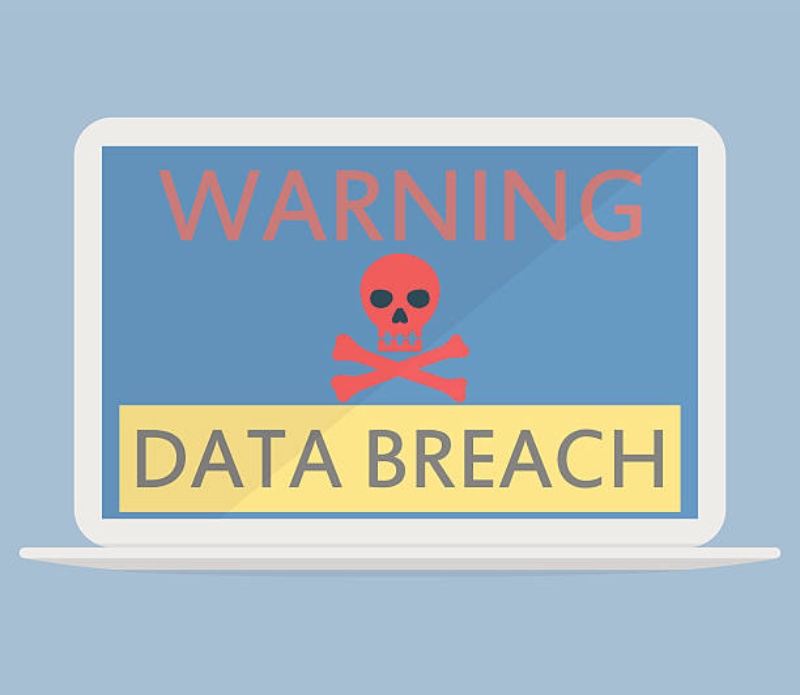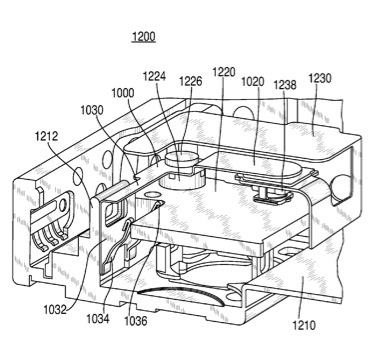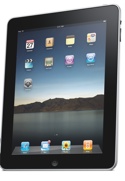Data breaches are at an all-time high, and it’s very likely that a lot of passwords have been exposed. They are now being sold on the Dark Web with all their user credentials.
Headlines about massive data breaches affecting millions of users have never been so frequent. For example, one of the largest breaches this year was of the Panera Bread loyalty program. Millions of people who registered to order food online had their personal information stolen.
“Consumers should not trust companies to keep their information safe,” said Ruby Gonzalez, communications director at NordVPN. “Most companies need consumer information to provide online services to their clients, but they don’t want to invest in keeping it safe. They consider safety to be expensive and time consuming. Therefore, every time a user puts their personal data online – name, address, credit card number, etc. – they are potentially exposing themselves. We recommend being very careful about what you share and where you share it. If you want to check if your user credentials have been leaked, you can do so with a free website called Have I Been Pnwed.”
After a user types in their email, Have I Been Pwned lists websites where accounts with those emails may have been compromised. “Pwned,” pronounced “owned,” is a word geeks and gamers use that means “conquered.” The site now has half a billion stolen passwords and 5 billion breached accounts.
Once someone finds out they’ve been hacked, they should change their emails and passwords immediately wherever they’ve used them. The following advice from NordVPN will help them avoid variety of most common cyber security threats in the future.
1. Don’t ever use the same password for different sites. If a hacker gets that one password you use everywhere, they can access all of your accounts, including your online banking.
2. Store all your passwords in a secure place. Storing passwords in one’s computer, phone or notebook is unsafe, and they can be easily lost. The best way to keep them all secure is a password manager, which locks your passwords in an encrypted digital box. Some recommended password managers include 1Password, LastPass, and Dashlane. Password managers securely sync up all of a user’s passwords as well as their other personal information (card details, license numbers, etc) in one place.
3. https. The first thing you should always check while making an online payment is whether the payment gateway has an https URL (for example, https://www.nordvpn.com). The “s” in the URL means that it is a secure protocol and that your data is encrypted properly.
4. Be vigilant. Whenever a website requests more information than is usually required, like your credit card information or Social Security number, be careful – it might be fraudulent. You should always be cautious before giving away your personal or financial details anywhere on the Internet.
5. Stay away from public Wi-Fi connections. More than anything, don’t post personal information while using public Wi-Fi. Public Wi-Fi networks are common hunting grounds for attackers and data snoopers trying to access your personal information. Since public networks have negligible security, you should avoid using them while making online payments. If you must make online transactions while using a public network, then use a VPN to stay safe.
6. Use a VPN. VPNs (Virtual Private Networks) encrypt the data sent between your computer and the VPN server, virtually hiding your web browsing activity. They are the best security mechanism you can employ to make sure the data you share over the internet is safe from prying eyes and remains confidential.
Graphic courtesy of iStock




